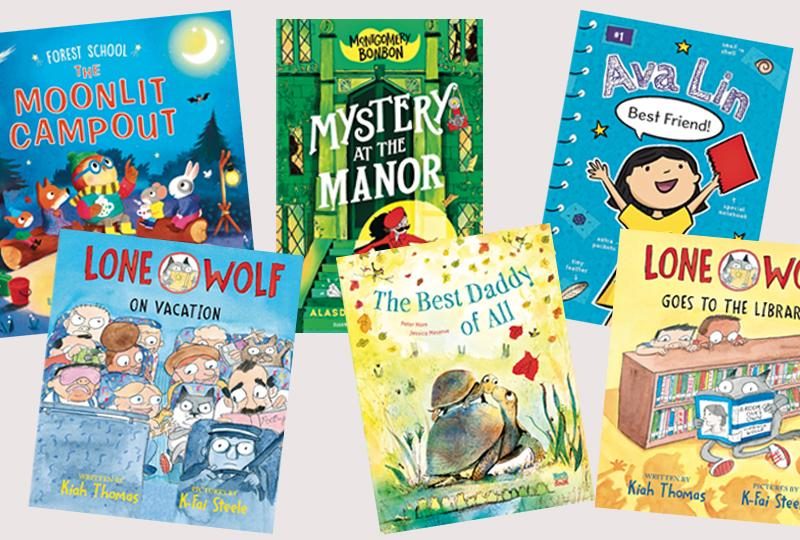
Life after report cards
Last month schools were in the midst of “reporting season.” Now is the time when you find out formally how your child has been doing in school in the first few months of the year. This can be a stressful time at home. Despite the efforts in many schools to avoid having parents just tally up marks as a scorecard (“Jimmy’s doing great he got five As!”), busy parents often default to that. If the tally is not good, parents often feel inadequate and may think they’re being judged in some way, since success in school is still a marker of social standing in our society.
Ironically, teachers often feel the same way. The week before reporting time are often miserable ones for teachers as they try to express what they understand about your child’s learning within the limited structure of the report card, because despite all of our educational advancement, we still do not have foolproof or highly accurate tools for assessing how children learn. Human beings are complex and our traditional testing methods may tell us very little about what a child knows – and even less about his or her potential in the future. Yet, finding and fostering that potential is what school should be about!
Brain research has some things to offer that might help at report card time. The most important one is that engagement is necessary for learning to take place, and this applies to everyone involved – parents, teachers and students.
Secondly, effective learning takes place through neural connections in the engaged learner – your child. Finally, emotional connections foster neural connections and thus higher achievement. What this means for you and your child as you look at the report card can be summed up in a few practical points:
Remember, it’s not a scorecard, it’s a snapshot and a prescription
You are getting your teacher’s best estimate of how well your child has been learning for a very narrow period of time. In the same way a picture can tell a lot, it can’t predict what will happen next. But it can be used as a way to highlight the strengths and weaknesses the teacher sees in your child’s learning and make a plan to build on the strengths and minimize the weaknesses. Used this way, the report card is truly serving a useful purpose for your child.
If you don’t understand, ask
Parents may feel like they’re eight years old and in the principal’s office when they don’t understand what the report card marks and comments mean. I have found that the way academic achievement and teachers’ comments are presented can range form crystalline clarity to outrageously unreadable! It is the school’s responsibility to make your child’s academic progress understandable to you, so asking for clarification when you don’t understand is crucial. Remember, brain research supports the belief that asking questions is a sign of intelligence and higher order thinking!
Talk to your teacher in person along with your child
Go to the parent interviews but don’t leave your child at home. While there may be some aspects of your child that you may need to discuss privately with your teacher, I can’t emphasize enough how important it is to have your children–even at the youngest age–engaged in the process of understanding and taking ownership of their learning. We live in an era where they already take tremendous initiative of what they learn in their use of the Internet and interactive technologies at home. To avoid that at school is foolish. How it’s done is also important. It’ should not be an interrogation about their poor performance, but a chance for students to think about their learning and how their teachers and parents can help them do it better.
Pick three and build on strengths
After looking at the report card and dialoguing with the teacher have them pick three things they would like to focus on next term. It’s best to identify what strengths they are showing in an area (“I am good at answering the questions in class”) and see how they can build on them to improve their classroom performance. (“I can now work on being just as good at writing answers to those questions on my assignments”). Then they develop a plan of action that helps them get there. Whatever the plan of action is, it is most powerful for brain learning if the student personally identifies what three things they will focus on and how the teachers and parents can help.
This fosters the all-important skills of initiative, responsibility and organization – qualities which research indicates the most successful people have in abundance, no matter what their report card was like in grade five It helps to remember that we’re in this for the long haul and a report card is just one snapshot in the album of life-long learning.
Edmond J. Dixon Ph.D, is an educator with 30 years experience as a teacher, principal, university researcher and parent! He is director of the KEEN Learning Institute, an organization dedicated to helping every child succeed in school. Questions/comments can be forwarded to him at ed@keenforlearning.org







